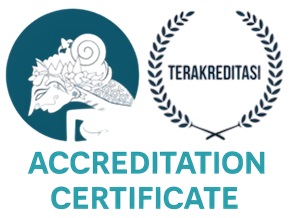Faktor-Faktor Yang Mempengaruhi Gerakan Intelektual Dan Lahirnya Institusi Pendidikan Islam
Abstract
This study aims to analyze the factors influencing the rise of intellectual movements in Islam and their contributions to the establishment of Islamic educational institutions. The study adopts a qualitative-descriptive method through literature review of scholarly works and historical data. The findings reveal that the Islamic intellectual movement was shaped by five major factors: social, political, economic, cultural, and religious. Social factors involve community structures and intergroup relations; political factors highlight the role of caliphs and rulers in supporting education; economic factors include access to resources and the role of trade in spreading knowledge; cultural factors reflect scientific traditions and intercultural interactions; while religious factors emphasize the central role of knowledge in Islamic teachings. These intellectual movements led to the formation of educational institutions such as madrasas and early Islamic universities (e.g., Al-Qarawiyyin and Al-Azhar), which played key roles in advancing scientific knowledge and developing Muslim character. In conclusion, the Islamic intellectual movement significantly contributed to building an integrated educational system rooted in both scientific inquiry and spirituality, and it remains relevant in contemporary educational discourse.
Downloads
Copyright (c) 2025 I.M. Fatimah Zahro, Ismail Ismail, Fajri Ismail, Zuhdiyah Zuhdiyah

This work is licensed under a Creative Commons Attribution-ShareAlike 4.0 International License.











